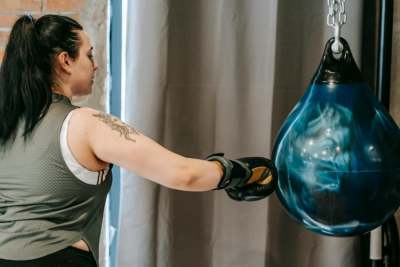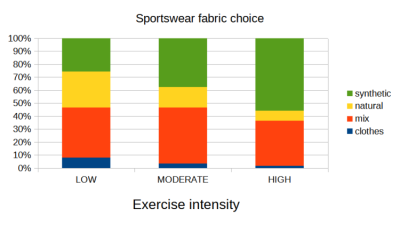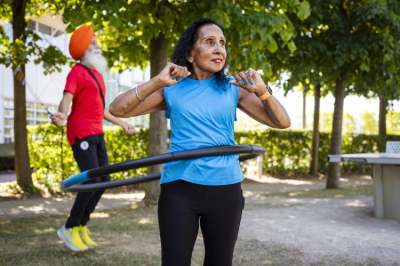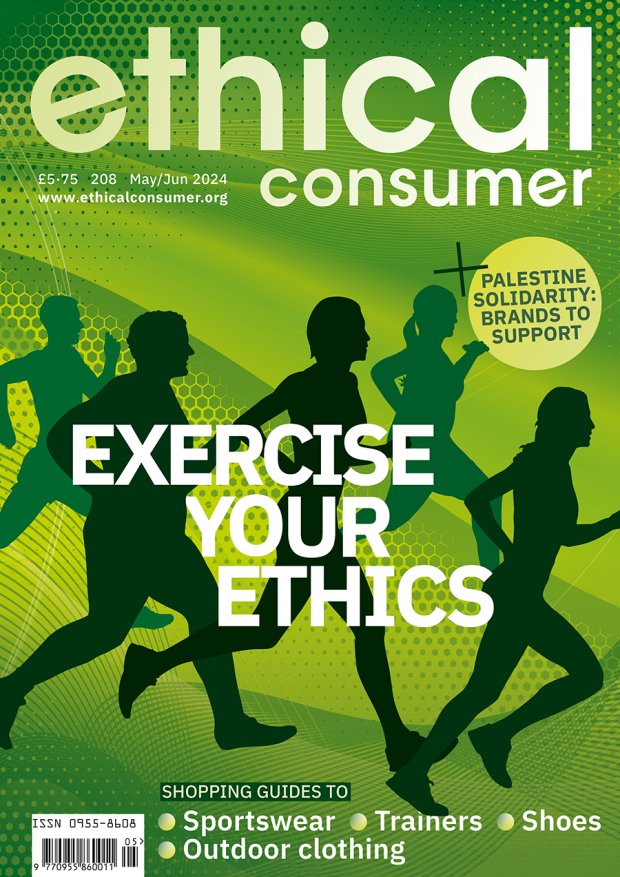Very few things are as important as exercise when it comes to our physical health, and the positive links between physical activities and mental health are also much better understood now.
This guide explores how to buy sportswear ethically to make sure that the people who make our garments can feel good too, and to have less negative impact on the environment.
To rate which brands of sportswear are the most ethical we looked at what materials they use, their supply chains and workers' rights, as well as greenwashing and whether brands are inclusive of all people or not.
With nearly 50 brands of sportswear and active leisurewear in this table, it's disappointing but not surprising to see nearly half of them scoring under 25 points (out of 100). But the good news is that there are ethical sportswear brands available, and more secondhand options available.
Read on to find out who's the leader of the sportswear race!
Which brands of sportswear and activewear are included in this ethical guide?
In this guide to ethical sportwear brands we have included brands that are bigger in yoga or gym wear like Gymshark, Lululemon and Sweaty Betty, along with the big mainstream sports clothing brands like Decathlon, Fila, Nike, North Face, Puma, Under Armour, and USA Pro. We have also included some smaller ethical alternatives such as Girlfriend Collective, Gossypium, Pangaia and Tala.
In this newly updated guide we have also included more secondhand retailers and now have eight brands listed like Beyond Retro, Depop, Oxfam, Preloved, and Vinted.
For many sports and activities you don’t necessarily need specialist sports clothing or the added stretch of spandex or elastane. If you're looking for clothes for walking or relaxing at home our ethical t-shirts guide has loads of Best Buy options, and several brands in our ethical clothing guide sell leisurewear like leggings and comfy tops.







